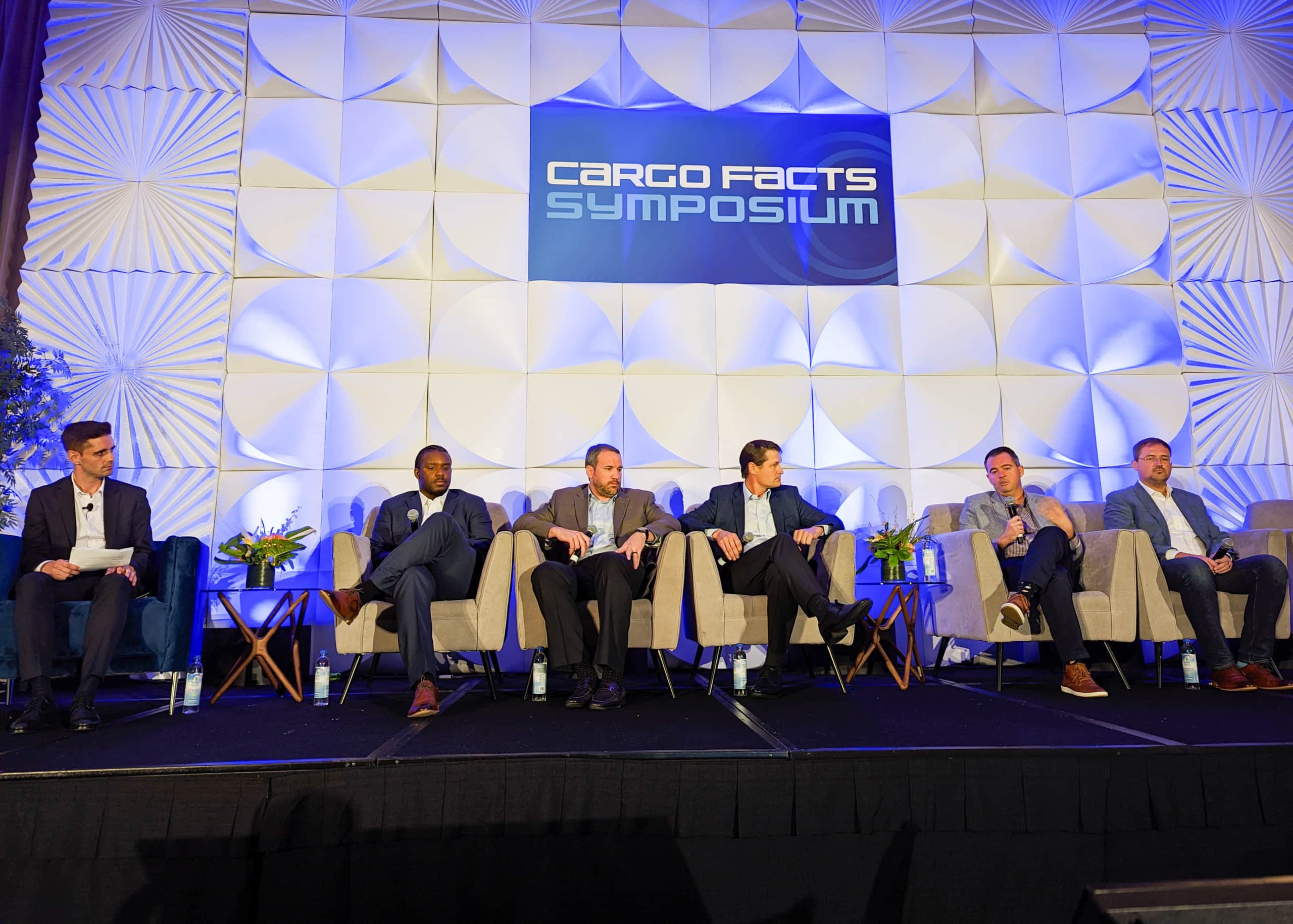CFS 2022: Increased regulatory openness creates positive environment for alternative aircraft
This story was originally published in Cargo Facts on Oct. 21, 2022
The regulatory environment has improved and become more receptive to new technologies like unmanned aerial vehicles and electric vertical takeoff and landing (eVTOL) aircraft, bringing certification closer, according to industry experts during a panel discussion on alternative aircraft at Cargo Facts Symposium 2022.
“The Federal Aviation Administration (FAA) is very open, and the company actually proposes how they want to achieve type certification,” Aleksey Matyushev, chief executive officer of unmanned blended-wing-body cargo aircraft manufacturer Natilus, said.
Matyushev added that the FAA had previously been reluctant but as more and more companies entered the space, the regulator’s attitude has changed.
“Within the FAA they have been really hesitant about making regulations,” Matyushev said. “They are waiting to see what has been working.”
Patrick Buckles, chief revenue officer of BETA Technologies, agreed that there has been an improvement in attitudes toward next-generation aerial vehicles. “There is a good concerted effort from the regulators,” he said, adding that community acceptance of unmanned technologies had improved after BETA demonstrated its aircraft on a 1,400-mile flight from the company’s headquarters to Bentonville, Ark.
BETA has already attracted orders for its Alia-250 eVTOL from customers like Bristow Group, which ordered five with options for fifty more, and ten for UPS.
Bristow Group has also placed orders for 100 of Elroy Air’s hybrid-electric autonomous Chaparral C1 drone, which is expected to be able to carry up to 500 lbs at a range of 300 miles.
Elroy’s Vice President of Strategy and Business Development Kofi Asante indicated that the FAA still had hurdles for beyond visual line of sight (BVLOS) operations for larger drones.
“A lot of that has not been figured out yet,” Asante said. “But there have been strides on the smaller unmanned aerial systems side.”
Asante went on to say that some startups are likely to hit challenges due to the long-term nature of technology developments. Large capital investments require companies to hit aggressive milestones, he said.
“Aerospace fundamentally doesn’t move at that pace,” Asante said. “We are building real aircraft. In order to actually build these systems and make sure they are reliable and robust and safe, it just takes time.”
Other companies like Reliable Robotics, which is developing its unmanned system using the Cessna 208B platform, have focused on certification as the biggest hurdle to technology adoption and implementation.
“I think for us the rubber really hits the road with the certification process with the regulator,” CEO Myles Goeller said.
Learn more about Cargo Facts Symposium 2023 and register today to take advantage of our early-bird sale.





